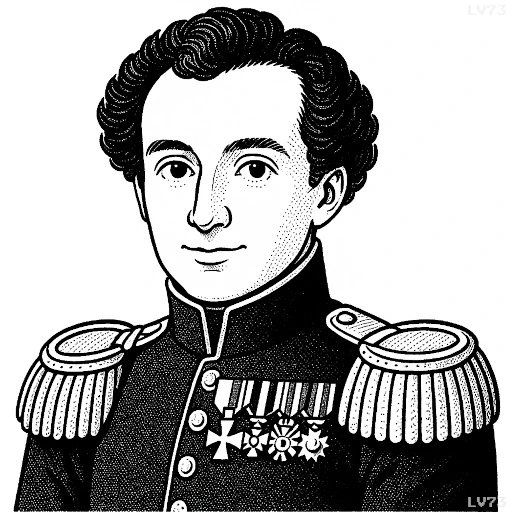“A conqueror is always a lover of peace.”

- July 1, 1780 – November 16, 1831
- Born in the Kingdom of Prussia (now Germany)
- Military officer and military theorist
table of contents
Quote
“A conqueror is always a lover of peace.”
Explanation
Clausewitz’s statement reflects the paradox that many conquerors, after achieving their military objectives, often seek peace not because they are inherently pacifist but because the costs of continued conflict can outweigh the benefits. For a conqueror, the ultimate goal is usually to secure a favorable outcome—such as gaining territory, establishing dominance, or imposing a new order. Once these objectives are achieved, the stability that peace brings becomes essential for maintaining control and ensuring the sustainability of the conquest. In this sense, the conqueror’s desire for peace is rooted in the pragmatic realization that prolonged warfare can erode the resources, morale, and political capital needed to consolidate power.
This principle is visible in many historical examples. For instance, Napoleon Bonaparte, after his rapid military victories across Europe, sought peace treaties, such as the Treaty of Tilsit with Russia and Prussia, to solidify his conquests and secure a stable European order under French dominance. Similarly, Alexander the Great, after his sweeping conquests in the East, sought peace and unity within his empire, not merely to continue fighting, but to establish control over the vast territories he had acquired. In both cases, their desire for peace stemmed from the realization that continued warfare would destabilize the regions they had conquered, making it harder to govern and achieve long-term stability.
In the modern era, this idea holds true in the context of geopolitical interventions. Leaders who engage in military conflicts often aim to establish a lasting peace after achieving their objectives, as peace is seen as the foundation for economic recovery, diplomatic influence, and global stability. The U.S. invasion of Iraq in 2003, for example, was justified, in part, as a means of securing peace in the region by removing Saddam Hussein’s regime. However, the aftermath demonstrated that peace after conquest is fraught with challenges—political instability, insurgency, and a lack of cohesive post-war governance can complicate the realization of a stable peace. Thus, the conqueror’s love for peace is often an acknowledgment of the necessity of order and control after the chaos of war, yet achieving that peace requires a delicate balance of military, political, and diplomatic efforts.
Would you like to share your impressions or related stories about this quote in the comments section?



